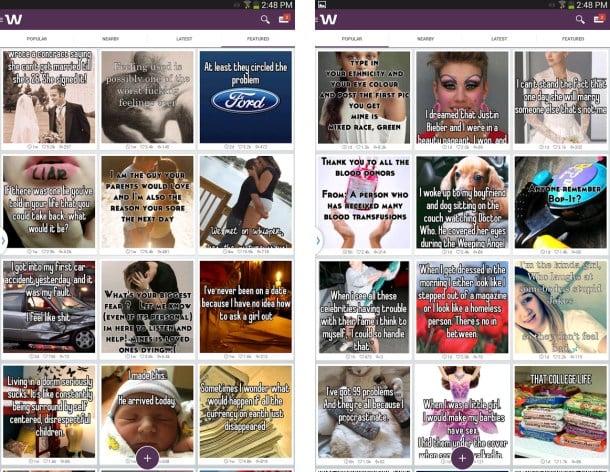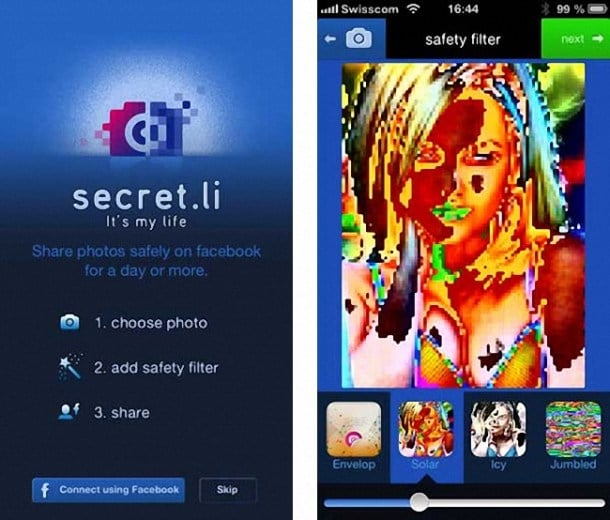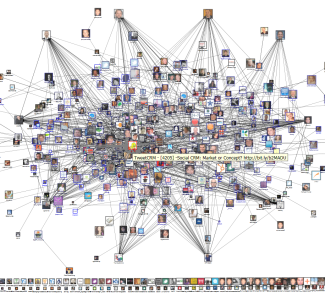Platforms like Whisper or Secret for sharing thoughts, ideas or opinions anonymously are starting to gain on conventional social networks
The distrust generated by the potential repercussions of the tracking of our digital footprints on the internet – after years of social networks uploading personal data of our daily lives – has prompted thousands of users to shift over to anonymous social networks. Whisper and Secret are two of these applications that allow users to continue to be social, but with complete anonymity, and without real data.
The problem of privacy on networks like Facebook or Twitter is that these networks have stopped being a way to share personal thoughts and have become a global medium of communication with the world. The arrival of professional and corporate profiles has made social networks a powerful marketing tool for promoting personal branding and increasing customer loyalty. This means that we need to be careful with everything that we share on the internet, because the tracking of our digital footprints can sometimes be a source of headaches for us.
The biggest dilemma facing many users is knowing exactly what they can or cannot say or share when they are using their personal profile, professional profile or both at the same time. The solution to be able to say or share whatever you want without fear of it interfering with your online reputation lies in these anonymous platforms, or other similar ones, like Snapchat.

In essence, these new platforms work very much like the conventional networks that we’re all familiar with, except that the anonymous networks get rid of the real digital identity of each user, to allow them to share opinions, thoughts and ideas. Just a few lines of text on an image to express any idea, thought or secret that you want to share, under the anonymity of a pseudonym.
Whisper, a free smartphone application launched in 2012 by Michael Heyward, is nothing more than an open platform to share text and photos completely anonymously. It has a highly visual interface that uses a mosaic of images. Users upload “whispers” in the form of lines of text on a background image selected from the application or taken from the phone’s camera. Just like conventional social networks, users respond to other users with “whispers” and can even send private direct messages. Likewise, we can see recent whispers, the most popular ones and even search for conversation threads using keywords or tags.
Secret, recently created for iOS by Chrys Bader and David Byttow, also allows people to publish their private thoughts, but with much more control than in the case of Whisper. In this case, users send their contacts an image or background colour with lines of text superimposed on it, with no username attached. The contacts can then interact with the “secret” by adding a comment or like, which is in turn sent automatically to their contacts.

The similarities between these networks and others like the well-known Pinterest make them attractive from an artistic perspective. The degree of freedom that is allowed by the anonymity provided by these networks generates an enormous and addictive catalogue of “whispers” or “secrets” that immortalise the creative genius of their authors. In short, the growth of this type of network is merely a true indication of the demands from a large number of users who advocate profound changes in privacy rights in the world of the internet and digital technology.
Images | pixabay









